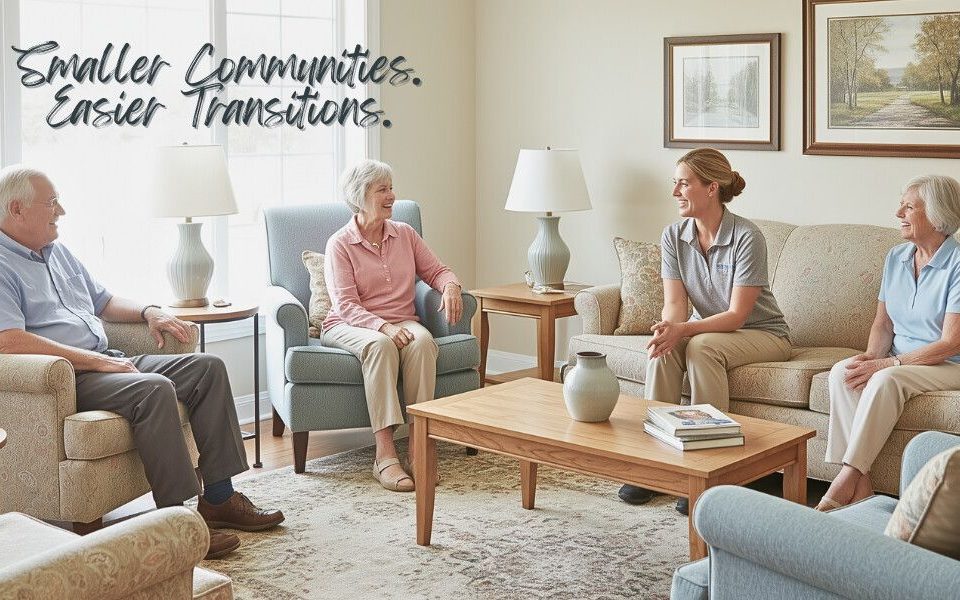
Taking care of an aging parent is a kind and selfless act. However, it can also be very tiring and stressful. The stress, time commitment, and emotional toll can lead to caregiver burnout. It can lead to the person feeling physically and emotionally drained as they try to manage caregiving with other obligations. If you’re feeling this way, know that you are not alone. However, it is essential to care for yourself and take steps to manage these feelings.
Signs of Caregiver Burnout
Before you can manage burnout, you need to recognize it. Common signs include:
- Constant exhaustion (even after rest)
- Irritability or impatience with your parent or others
- Feelings of guilt or self-doubt about your care decisions
- Neglecting your own needs, hobbies, or social life
- Increased anxiety or depression
- Frequent illness due to a weakened immune system
If any of these sound familiar, you might be experiencing burnout. It is a real and valid struggle, and seeking help is okay.
5 Ways to Cope With Caregiver Burnout
1. Permit Yourself to Take Breaks
You may feel guilty stepping away, but self-care isn’t selfish—it’s necessary. Short breaks, whether a walk outside, a quiet coffee break, or an afternoon off, can help you recharge. A little break can also help you provide better care.
2. Accept Help From Others
Many caregivers feel they have to do everything alone. You don’t. Reach out to family members, friends, or professional caregivers for support. Even small tasks like grocery shopping, meal prep, or transportation assistance can lighten your load. Adult day programs could also be good for offering breaks while ensuring quality care for your loved one.
3. Set Realistic Expectations
You can’t do it all, and that’s okay. Understand your limits and focus on what you can provide rather than what you wish you could do. Letting go of unrealistic expectations can ease guilt and reduce stress.
4. Consider Senior Living Options
Exploring senior living communities could be a positive step if caregiving has become too overwhelming. These communities provide personalized care, social activities, and medical support.
5. Seek Emotional Support
Talking to a support group, therapist, or trusted friend can make a huge difference. Sharing your experiences and emotions can help you process stress and feel less alone.
Caregiving is an act of love, but it should not harm your health or happiness. Recognizing your limits is good for you and can be vital for ensuring good care for a senior parent. Another tip is to look into caregiver support programs. They can provide vital resources to help you provide better care.
The Mountain Side of Warm Springs fosters an environment of purpose and independence for our residents. We aim to ensure an enjoyable, fulfilling life for the seniors in our care. Click here to learn more about our customized senior services. You can also click here for information about our suites.
Schedule a visit to Mountain Side by clicking here.



